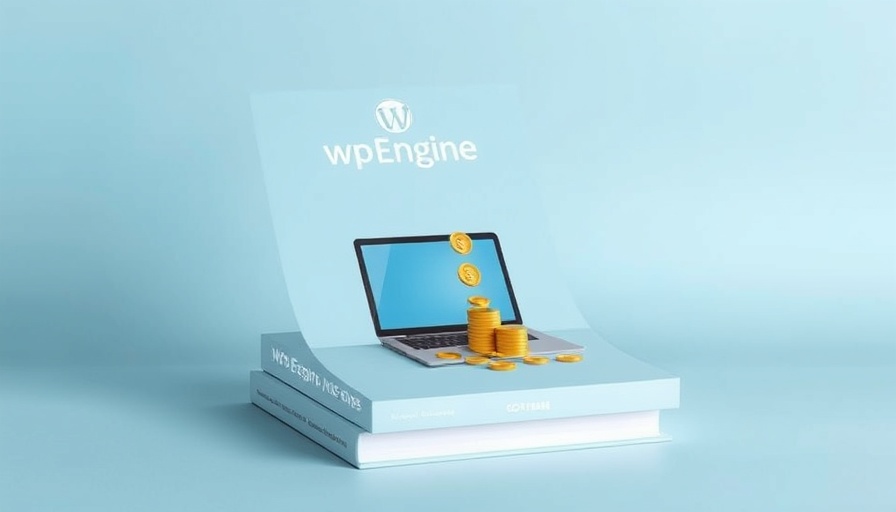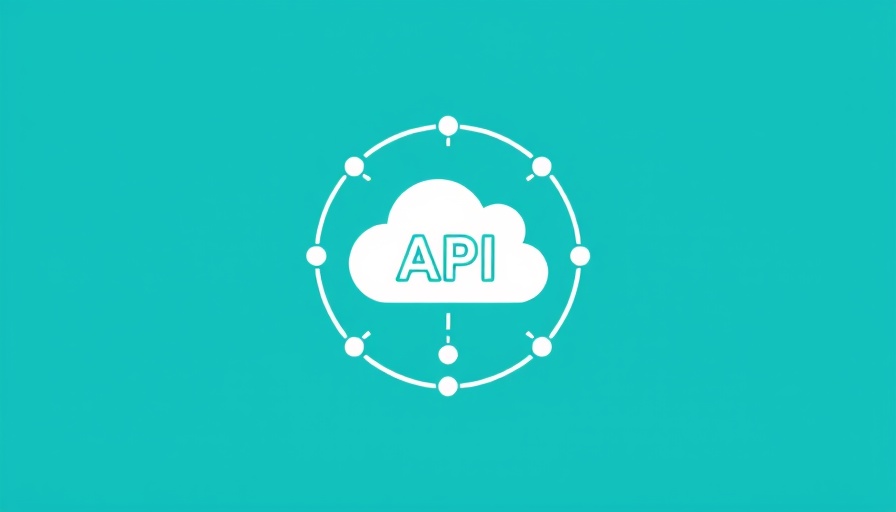
WordPress vs. Proprietary CMS: The Cost Advantage
WP Engine's latest research unveils a compelling narrative: organizations leveraging WordPress enjoy a staggering 44% reduction in Total Cost of Ownership (TCO) compared to proprietary CMS platforms. This study surveyed over 1,700 digital decision-makers across key markets like the U.S., U.K., and Australia, shedding light on the evolving landscape of content management systems. With budget allocations tightening, the findings highlight an urgent need for companies to reassess their digital strategies.
Understanding Total Cost of Ownership
Total Cost of Ownership encompasses not just initial setup costs but ongoing expenses like licensing, hosting, security, and infrastructure upkeep. WP Engine reported that the average annual CMS cost for medium-to-large enterprises reaches around $2.6 million. Applying the data, businesses can see that moving to a WordPress framework may translate to substantial savings — funds that can be redirected toward innovation and improvement in other areas of business.
Emerging Trends: CMS Evaluation Cycles
The research notes an uptick in the time taken to evaluate different CMS platforms, with an average cycle now spanning eleven months. This poses questions about effectiveness and efficiency in organizational decision-making processes. Specifically, the U.K. stands out with the longest evaluation periods, indicating perhaps added scrutiny in a competitive landscape. As businesses become more strategic about their choices, understanding market trends becomes crucial.
The Rise of Hybrid CMS Strategies
A fascinating component of the study is the rise of hybrid CMS strategies. Numerous organizations are adopting a multifaceted approach by utilizing both WordPress alongside proprietary systems. WordPress emerges as a leading choice, particularly as a secondary CMS. Its ability to marry flexibility and cost-effectiveness positions it as a prime candidate for companies aiming to stay agile in today’s fast-paced digital ecosystem.
Regional Concerns Highlighted in the Findings
While security remains a primary concern for organizations in the U.S. and Australia, the focus in the U.K. shifts to maintenance and management issues. This gap illustrates how businesses may need tailored strategies based on their regional challenges. The ability to adapt to these unique pressures can be vital in leveraging whatever CMS technology is chosen effectively.
Future Predictions: Emphasizing Digital Experiences
As organizations push to integrate digital experiences deeper into the core of their business models, the pressure to create more efficient and adaptable web environments intensifies. WP Engine's insights suggest that the future may favor platforms that facilitate sustainable growth. Those who see their CMS as mission-critical assets are likely to thrive, provided they make informed and strategic choices regarding their CMS toolset.
Campaigns that emerge from accurate data-driven conclusions, such as those demonstrated by WP Engine’s report, will serve as guiding lights in today’s budget-conscious economy. Digital leaders must seize the opportunity to rethink their web infrastructure through the lens of comprehensive, long-term cost considerations.
Take Action: Rethink Your CMS Strategy
In an age where digital experiences are paramount to business success, leaders must consider the insights from this report seriously. Are you ready to realign your organization’s digital strategies with the proven benefits of WordPress? It might be time to explore how embracing this more economical and flexible platform can turn your digital presence into a competitive edge.
 Add Row
Add Row  Add
Add 




 Add Row
Add Row  Add
Add 

Write A Comment